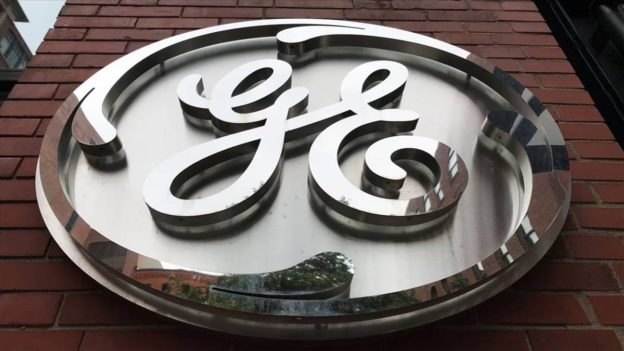This agreement solidifies GE Aerospace’s commitment to manufacture 99 engines for the Indian Air Force as part of the LCA Mk2 program.
In a significant development during Indian Prime Minister Narendra Modi’s official state visit to the United States, GE Aerospace and Hindustan Aeronautics Limited (HAL) have signed a Memorandum of Understanding (MOU) to collaborate on the production of fighter jet engines for the Indian Air Force. This partnership marks a major milestone in strengthening defense cooperation between the two countries.
Under this agreement, GE Aerospace’s renowned F414 engines have the potential to be jointly produced in India. The necessary export authorization is currently being pursued with the support of the US government. The engines will be utilized in the Indian Air Force’s Light Combat Aircraft ‘Tejas’ Mk2 program, showcasing a shared commitment to advancing the vision of closer coordination between India and the US as envisioned by Prime Minister Modi and US President Joe Biden.
This agreement solidifies GE Aerospace’s commitment to manufacture 99 engines for the Indian Air Force as part of the LCA Mk2 program. It positions the company strongly to establish a product line in India, encompassing the F404 engines currently powering the LCA Mk1 and Mk1A aircraft, as well as the F414-INS6 engine selected for the prototype development, testing, and certification of the AMCA program. GE will also continue collaborating with the Indian government on the AMCA Mk2 engine program.
Boasting more than five million flight hours and serving eight nations with F414-powered aircraft, the F414 engine consistently surpasses expectations for reliability and endurance. Globally, over 1,600 F414 engines have been delivered to date.

GE’s presence in India includes the John F Welch Technology Centre in Bengaluru, which opened in 2000, and the Multi-modal Factory in Pune, established in 2015. These facilities reflect GE’s commitment to research, technology development, and manufacturing excellence in India.
H. Lawrence Culp, Jr., Chairman and Chief Executive Officer of GE and CEO of GE Aerospace, expressed his pride in this historic agreement, made possible by the longstanding partnership between GE and HAL. He emphasized the unmatched performance of the F414 engines and highlighted the substantial economic and national security benefits that will result from this collaboration, as both countries strive to meet the demands of their military fleets.
With over four decades of engagement in India’s aerospace industry, GE Aerospace has played a vital role in various domains such as engines, avionics, services, engineering, manufacturing, and local sourcing. In addition to the potential new opportunities in India, several U.S. facilities currently supporting the F414 engine will witness increased volume as a result of this announcement.
Since 1986, GE has been working closely with the Aeronautical Development Agency (ADA) and HAL to support the development and production of India’s Light Combat Aircraft (LCA). The F404 engines have been integral to the LCA Mk1 and Mk2 programs, with a total of 75 engines delivered and 99 more on order for the LCA Mk1A. As part of an ongoing development program for the LCA Mk2, eight F414 engines have already been delivered.
PM Modi meets GE CEO
Prime Minister Narendra Modi’s discussions with General Electric CEO H Lawrence Culp, Jr. have opened up new avenues for strengthening India’s defence cooperation with the United States. The Prime Minister invited GE to play a larger role in India’s aviation and renewable energy sectors, recognizing their long-term commitment to manufacturing in India.
Made in India
Notably, the localization of engine production showcases India’s commitment to enhancing its self-reliance in the aerospace sector and reducing its dependence on imports. This decision marks a significant milestone for India’s private sector defence industry, strengthening both HAL’s manufacturing capabilities and the country’s overall aerospace ecosystem.
By manufacturing the GE F414 engines in India, the transfer of advanced technologies and know-how will foster the growth of indigenous research and development capabilities. This collaboration will not only bolster the operational capabilities and reliability of the Tejas Mk2 aircraft but also contribute to the long-term advancement of India’s defence industry.
How many engines?
More than 400 engines are expected to be manufactured over the next few years and will be exported too. This achievement was the result of extensive negotiations, with the American company agreeing to transfer almost 80 percent of the technology.
The engines will initially be used for the Light Combat Aircraft Tejas Mk2 program, followed by the Twin Engine Based Fighter (TEDBF) and eventually the Advanced Medium Combat Aircraft (AMCA) Mk1 program.
https://www.financialexpress.com/business/defence-ge-aerospace-and-hindustan-aeronautics-join-forces-to-co-produce-f414-engines-for-indias-tejas-light-combat-aircraft-mk2-3137692/





